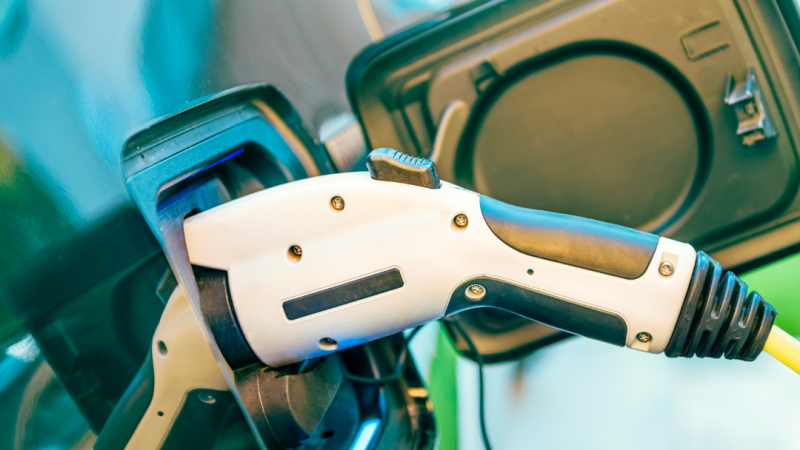Manufacturers in rural areas are more vulnerable to disruption from the transition to electric vehicles, according to a WEDC official.
Flannery Geoghegan, senior director of policy at the Wisconsin Economic Development Corp., yesterday discussed findings from a recent study focused on the state’s electric vehicle supply chain strategy. She spoke during a webinar hosted by Wisconsin Clean Cities, a nonprofit organization that works to advance sustainable technologies.
“Wisconsin has a tremendous opportunity here to develop a globally competitive industry cluster centered on manufacturing EVs and EV-related equipment, which in turn can help enhance Wisconsin’s automotive manufacturing industry and drive statewide economic development,” she said.
But leveraging that opportunity will require manufacturers to “quickly and efficiently” move from producing components for internal combustion engines to electric vehicle parts, Geoghegan noted.
Because auto suppliers in the state are already concentrated in industries that make components for both types of vehicles, the sector overall is “relatively less vulnerable” to disruption than downstream suppliers that are dependent on the internal combustion engine market, she said.
Auto suppliers in the state are largely clustered in eastern parts of the state, with more than half located in the Milwaukee area, followed by Green Bay and Madison.
“Wisconsin’s non-metropolitan areas are home to a disproportionate share of ICE-oriented manufacturers,” she said. “As such, non-metropolitan areas are comparatively more vulnerable to the EV transition due to the general disruption of more ICE-oriented manufacturing portfolios.”
Also during yesterday’s webinar, Electrification Coalition Policy Manager Emma Heins said Wisconsin is ranked near 34th in the country for electric vehicle market share, with EVs making up about 3.6 percent of vehicles purchased in the state. This national group advocates for more widespread adoption of EVs.
Heins noted that figure is increasing as more public charging stations come online, reducing the “range anxiety” that experts say is holding back the EV transition.
“That’s probably the number one concern that I hear in my work, of why people are hesitant to adopt electric vehicles … So we’re really seeing impressive trends in terms of charging installations across the country, as well as in Wisconsin,” she said. “Wisconsin is definitely keeping pace with national trends of charging investments.”
See a list of charging stations in the state: https://chargehub.com/en/countries/united-states/wisconsin.html




